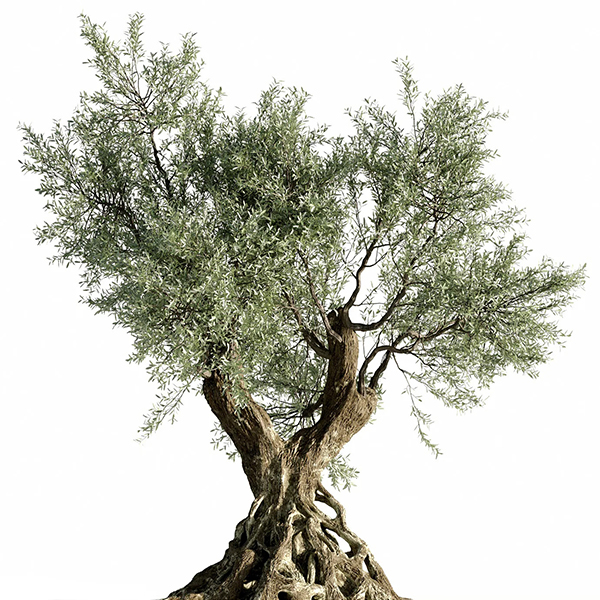| |
|
|
| |
|
|
| |
DID YOU KNOW THAT:
 |
|
| |
| The olive tree and its fruit were considered in ancient Greece a symbol of peace, power, victory, purification, fertility and repentance, playing a key role in the history and culture of the ancients. |
The olive oil or "golden liquid", according to Homer, in ancient times was not just a food, but was considered a medicine, as well as a source of magic and wonder, since in ancient Greece, athletes rubbed it all over their bodies , because they believed it would bring them strength and luck, and warriors perfumed the heads of nobles with it and sprinkled drops on the bones of the dead, as it was an emblem of sanctification and purity.
The cultivation of olive oil is lost in the depths of the centuries, where olive fossils have been found in Livorno, Italy dating back 20 million years, while the cultivation of the olive is estimated to have started in the wider Mediterranean, about 7,000 years ago, while in Greece, the first evidence of its cultivation, according to archaeological findings, began in Crete, 3,500 years ago.
Rich and aromatic, olive oil is produced only from green olives. As for its color, aroma and taste, they vary and depend on the following factors:
» The olive variety
» The location and type of soil
» Environmental and weather conditions
» The ripeness of the olive
» The season and method of harvesting
» The period that follows from olive harvest to production
» The way the fruit is transported to the olive mills
» The way of production
» Storage techniques
» The way of packaging |
|
|
| |
|
|
| |
|
|
| |
 FACT FACT
An olive tree can live over 1000 years and nowadays there are more than 120 million olive trees in Greece that produce 150 to 200 thousand tons of olive oil and thousands of tons of olives of all kinds! |
|
| |
|
|
| |
|
|
|



